What Is a Data Licensing Agreement
In today`s digital age, data is everything. It`s the lifeblood of most businesses, fueling everything from marketing campaigns to operational decisions. However, when it comes to using data, there are important legal considerations that companies must keep in mind. One of the most important of these is the data licensing agreement.
So, what is a data licensing agreement? At its core, a data licensing agreement is a legal contract between two parties that outlines the terms of use for data. Typically, this agreement is between the company that owns the data (the licensor) and the company that wants to use the data (the licensee).
There are many different types of data licensing agreements, but they all have a few key elements in common. First, they define the scope of the license. This includes what data the licensee can use, how they can use it, and how long they can use it for. For example, a licensing agreement might give a company access to a specific set of customer data for a period of six months.
Second, data licensing agreements typically address issues related to data privacy and security. This might include requirements around data encryption, access controls, and data breach notification. These provisions are especially important given the growing concern around data breaches and consumer privacy.
Third, data licensing agreements typically address ownership of the data. In many cases, the data licensor will retain ownership of the data, but the licensee may be granted certain usage rights. However, in some cases, the licensee may also be granted ownership of the data (or a portion of it). This is less common but can occur in situations where the licensee has contributed to the creation or aggregation of the data.
Another important aspect of data licensing agreements is the issue of liability. This is particularly relevant in cases where the data being licensed is sensitive or valuable. In some cases, the agreement may include provisions that limit the liability of the licensor in the event that the data causes harm to the licensee or their customers.
So, why are data licensing agreements so important? There are a few reasons. First, they help to ensure that data is being used legally and ethically. This is especially important given the increasing scrutiny around data privacy and security.
Second, data licensing agreements help to protect the interests of both parties involved. The licensor can ensure that their data is being used in a way that aligns with their business goals, while the licensee can have confidence that they are using the data in a compliant and ethical way.
Finally, data licensing agreements enable companies to monetize their data. By granting access to their data through licensing agreements, companies can generate revenue and extract value from the data they collect.
In conclusion, data licensing agreements are an essential component of any data-driven business. Whether you are a licensor or a licensee, it is important to understand the key elements of these agreements and how they can help to protect your interests and ensure that data is being used in a legal and ethical way.


